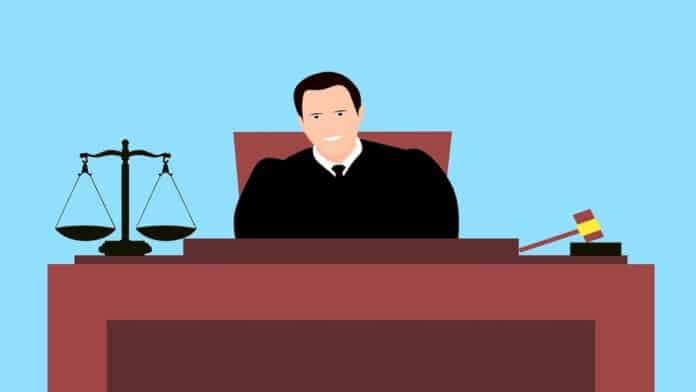In the earlier article of Law Trend, the question of whether a Judge can be arrested was dealt with at length. Click here to read the full article.
In this article the question that whether an FIR can be filed against a Judge will be discussed.
Introduction:
In India, the Constitution is supreme and it is the Judiciary that is regarded as the guardian of the supreme constitution. Judiciary upholds and uplifts the rule of law and also ensures and protects citizens’ rights and liberties as given in the Constitution. Thus the Judiciary is vested upon eith the vast responsibility of maintaining the rule of law.
Importance of independent Judiciary:
Independence of Judiciary is a very important aspect to make sure that the Justice delivered by the courts is free from any kind of biases.
To keep the independence of the judiciary intact, Section 3 of the Judges (Protection) Act of 1985 provides that judges and former judges of the Supreme Court and the High Courts should be protected from any civil or criminal proceedings for any act, thing or word committed, done or spoken by them in the course of their judicial duty or function.
Section 77 of the Indian Penal Code also exempts Judges from criminal proceedings if they commit any act or say something during the course of their judicial duties.
Thus it is clear that enough immunity has been given to the judges from legal proceedings.
However what if a Judge misuses his powers or commits an illegal act himself?
Also Read
In such cases, FIR can be lodged against the Judge and he can be arrested. There are special guidelines to carry out the criminal proceedings against a Judge taking into consideration their reputation and importance in the state functions.
Guidelines to lodge FIR against a Judge:
The guidelines to lodge FIR against a Judge can be found in the majority judgment delivered by a five-judge Constitution Bench of the Supreme Court in the case of K. Veeraswami. It was held by the Supreme Court that no criminal case shall be registered under Section 154 of the Criminal Procedure Code (an FIR) against a judge of the High Court, Chief Justice of the High Court, or a judge of the Supreme Court unless the government first “consults” the Chief Justice of India. The justification given was that the CJI’s assent was imperative as he was a “participatory functionary” in the appointment of judges.
It was held that criminal proceedings could be initiated against a Judge only if the CJI opined that the allegations against the Judge are reasonable and based on evidence.
The government can initiate criminal proceedings against a Judge under sub-section (2) of section 3 of the Judges (protection) act, 1985 only if it can produce material evidence that a judgment passed by a Judge was passed after taking a bribe.
What if the CJI is involved in illegal acts?
In the famous case of retired Orissa High Court Judge IM Quddusi who was arrested by CBI for allegedly misusing his powers to influence a case, it was held by the Supreme Court that if there are allegations against the Chief Justice of India, then the consultation of President needs to be taken along with the existing procedures.
Article 124(4) of the Constitution of India provides that a judge can be removed only by Parliament on the basis of a motion in either the Lok Sabha or Rajya Sabha. The procedure for the removal of judges is further elaborated in the Judges Inquiry Act, 1968.
Conclusion:
Thus it can be concluded that FIR can be lodged against a Judge but only after prior consent from the Chief Justice. The process of impeachment has been suggested in the Judges Inquiry Act, 1968 to remove a Judge from his position however it is pertinent to note that not a single Judge of the Higher Judiciary has been removed by impeachment in the history of India.
Written by
Harshwardhan Pawar – Intern




